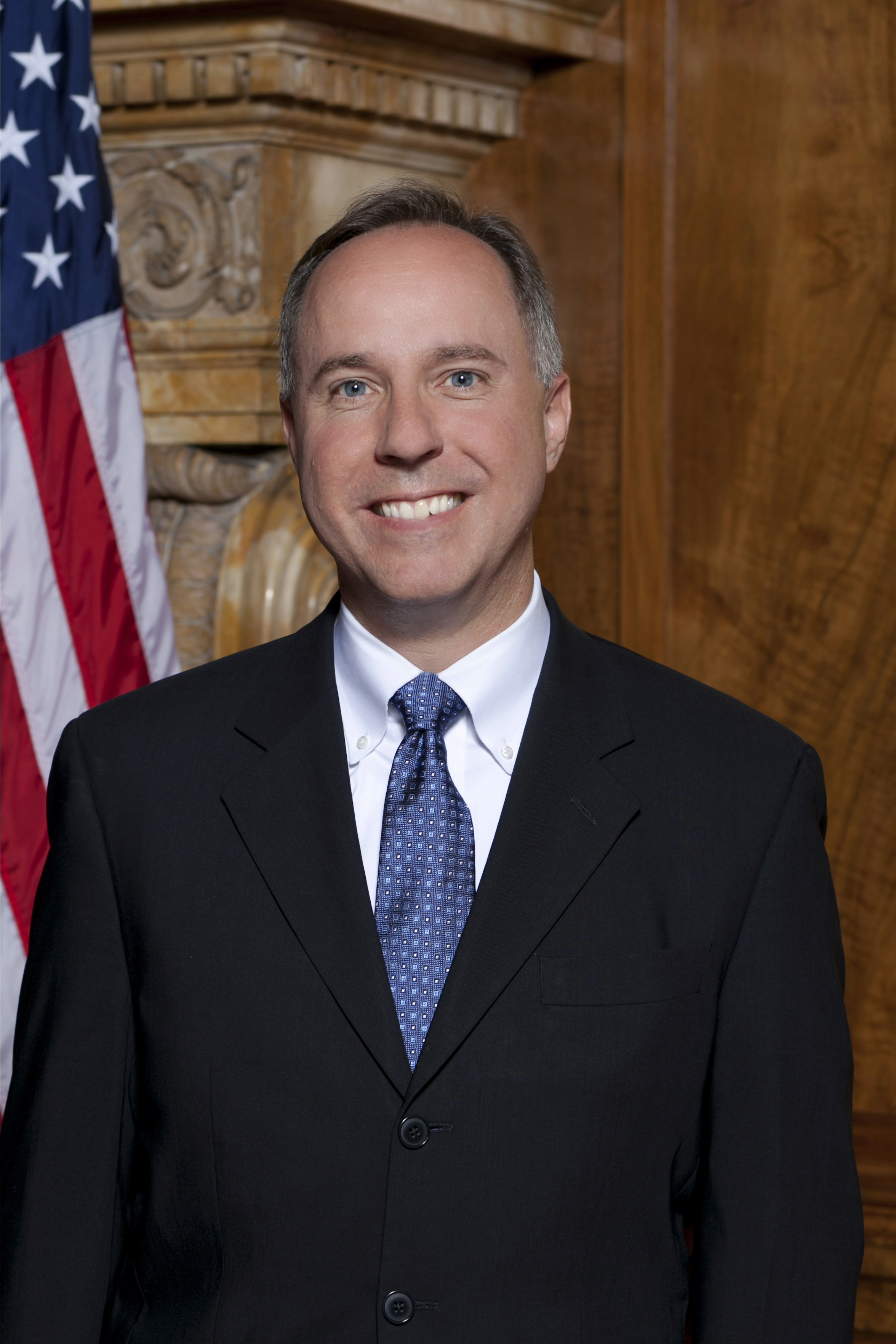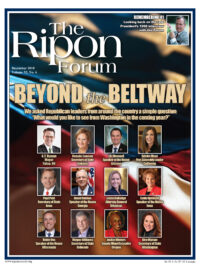
As the members of Congress and the Trump Administration work on their agenda for the upcoming session, those of us outside the Beltway have a few ideas for them. There is one in particular that has bipartisan support at the state level from legislators across the country but does not get the attention it deserves. In the legislative realm, we commonly refer to it as the expansion of federalism.
America was founded on the premise that a limited, decentralized government allows for greater personal liberties and a freer nation. Our Founding Fathers provided the basis for states’ rights through the Tenth Amendment to the U.S. Constitution: “The powers not delegated to the United States by the Constitution, nor prohibited by it to the states, are reserved to the states respectively, or to the people.” As we have seen over time, the federal government has usurped power from the states and our individual liberties have eroded resulting in a bloated national bureaucracy. Federal regulations have impeded progress and produced a one-size-fits-all approach to governing. The “strings-attached” funding from the federal government now comprises 28.3% of Wisconsin’s current All Funds Budget, which, of course, does not take into account any unfunded federal mandates. It is time that our country returns to our federalist roots. The new Congress and President Trump need to free the states of the labyrinth of government regulations and give more decision-making powers back to the states.
As we have seen over time, the federal government has usurped power from the states and our individual liberties have eroded resulting in a bloated national bureaucracy.
In 1932, U.S. Supreme Court Justice Louis Brandeis declared states are laboratories of democracy and should try novel experiments. In Wisconsin, these so-called experiments have paid off and many are now a model for other states. From healthcare to welfare, our state has lead the way with the first workers compensation program, the first unemployment insurance program and the first parental choice schools. Wisconsin has proven that states can figure out real solutions to the pressing problems of the day.
When it comes to healthcare innovation, there is a never-ending cycle of applications for waivers to the federal government. Wisconsin has to beg routinely for permission to innovate. One successful program that has been in place since 2002 still has to get a waiver approved. More than 85,000 seniors are enrolled in the popular SeniorCare program, which helps pay for prescription drugs. Wisconsin would like to make the waiver permanent but it isn’t allowed. Instead, the Wisconsin Department of Health Services could only apply for a ten-year renewal application to the Centers for Medicare and Medicaid Services.
Premiums for individuals on Obamacare have skyrocketed; most recently they jumped 44 percent as a result of a decline of providers and enrollees in the program. Wisconsin Republicans found a workaround to provide relief to a failing program. The federal government granted Wisconsin a 1332 innovation waiver so the state can offer a reinsurance program in order to lower rates. It is yet another example of how a state found a way to provide assistance to help alleviate an issue with a federal program.
The new Congress and President Trump need to free the states of the labyrinth of government regulations and give more decision-making powers back to the states.
There are a myriad of worker training programs administrated at the federal level. I think we all would agree that what is needed in California for training may not be what is needed in Wisconsin. The Badger State has three main industries: manufacturing, tourism and agriculture. Worker training programs should focus on high demand fields in each individual state whether it is training for tourism jobs in Florida or manufacturing jobs in Wisconsin. We would then have the opportunity to create more jobs at a lower cost, or even at the same cost, but train more individuals, faster.
I believe we are at the dawn of a new era of federalism. While President Ronald Reagan embraced the concept with the introduction of block grants, I believe now more than at any other time in our nation’s history, we can take the necessary steps to strengthen states’ rights. Our Founding Fathers explained the necessity of having states act as a check on the federal government, especially when it comes to our freedom. In the Federalist Papers No. 28, Alexander Hamilton wrote, “It may safely be received as an axiom in our political system, that the State governments will, in all possible contingencies, afford complete security against invasions of the public liberty by the national authority.” This pillar of our past should be a building block for our future and I look forward to working with the Trump Administration and the members of Congress to allow for the expansion of federalism.
Representative Robin Vos is the 75th speaker of the Wisconsin State Assembly and the President-Elect of the National Conference of State Legislatures.




